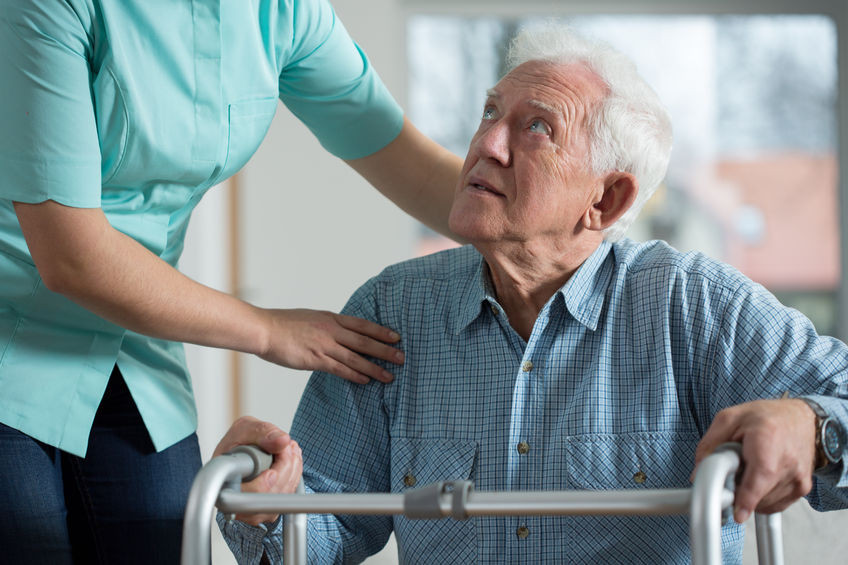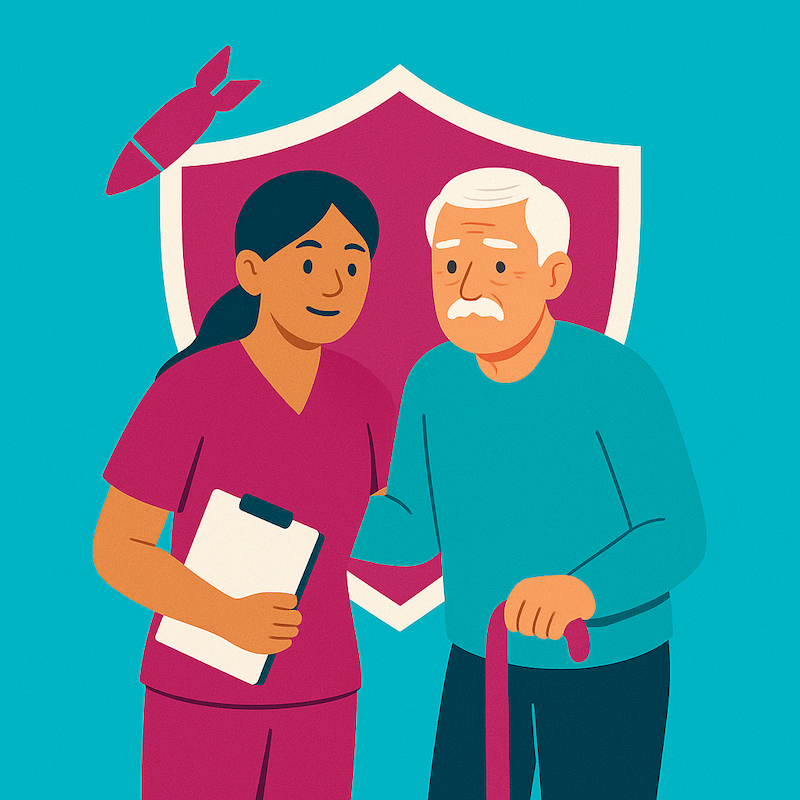What NOT to Do in the Caregiving Industry
The iSavta Team | 13.11.2019

Caregiving is a huge responsibility. While it is rewarding, it is also full of risks. There are a lot of things that we NEED to do that often, we forgot about what NOT to do.
- Do NOT Lie. We are dealing with a someone else's well-being. We cannot afford to lie almost about anything. Transparency is important especially for things that the family needs to know. If it's possible, take note of any behavioral or physical changes. This will help you, the doctor and the family to determine the current overall condition of your patient. Do not keep anything to yourself.
- Do NOT Steal. One of the biggest fears of many seniors who are considering to have a caregiver is the possibility of stealing. As paranoid as they are, seniors are always protective of their property and their privacy.
- Do NOT be too Domineering. Sometimes, if you already have their trust, seniors are becoming more submissive and tend to do what they are told to do. But, this doesn't mean that you are going to be domineering and assertive. You still have to let them decide for themselves if they still can. They should be given choices all the time. Don't rush them. Give them ample time to make a decision. After all, you are the worker, they are the employers.
- Do NOT Violate Their Privacy. There are times when they need to talk to someone ALONE. Whether on the phone or in person. Respect that. There are also some instances when they feel like they want to be alone. Respect that too. One of your responsibilities as a caregiver is to make sure that they are comfortable and sometimes, they are more comfortable if they are alone and in private.
- Do NOT be Stubborn. As their caregiver, you have to let them feel that they can rely on you and you are willing to do what they want you to do as long as it won't be a threat to their well-being. Sometimes opinions differ but their choices wants are the things that you need to prioritize, not yours. Clear and constant communication with your client and their family is very important.
- Do NOT Make Them Feel Guilty. Some of them are with chronic diseases that would sometimes cause some inconvience, especially in public places. For example, your patient had a little accident because of urinary or bowel incontinence, do NOT shame them in public by throwing insults of making faces. Maintain calmness and respect by showing appropriate expressions and body language.
- Do NOT Neglect Your Duty. As a Caregiver, you were given a responsibility to alleviate the physical condition of your patient. Do not do something that may jeopardize your patient's safety. One good example is the use of cellular phones during work hours. When you are with your patient, be present and attentive. Accident can happen in a blink of an eye. You must focus your attention on your patient all the time.
It is not easy for an Elderly to give up her independence and rely on the caregiver for the rest of his/her life. The more reason for caregivers to try their best to normalize everything in the household. Give your patient the independence they want as long as they can. Be respectful and sensitive. Remember, you are not only responsible for their physical needs but their mental and emotional needs as well.











